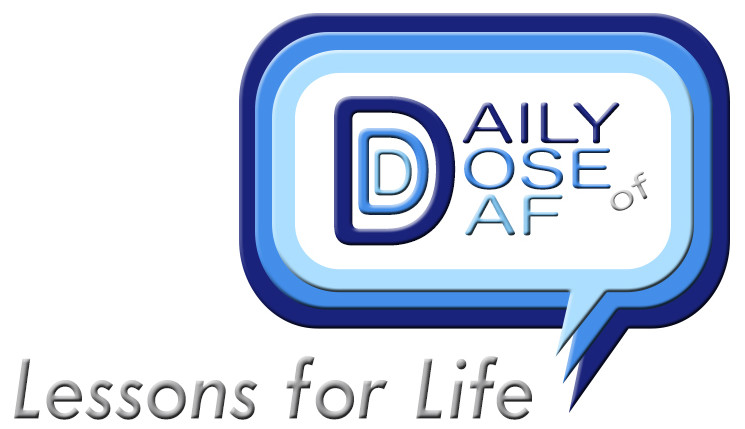שבת Date: 6 Tishrei, 5776 (10/8/16) – Bava Metzia Daf 12 ~ Eliezer Guterman
GATHERING G-DLINESS
[12a middle] Braisa: If someone hired a worker, the worker’s son can gather Leket (individual sheaths that fell during harvest and must be set aside for the poor).
Shemen Hatov (R’ Weinberger): The Torah mentions the laws of Leket after discussing the Holiday of Shavuous. We read the Book of Rus on Shavuous to connect King Dovid (who descended from her) to Moshe (who brought the Torah).
Gra: The words in the Torah “Kol, Kol Yaakov,” are written once with a Vav and one without a Vav. Every Jew has two Kols (voices): one full of Torah which is proud, full, and lively, while the other is one of Tefillah (Davening) which is broken, low and humble. One needs this side, in particular, to be able to approach Hashem and ask forgiveness. Moshe symbolizes the Torah and Dovid reflects prayer in humility through his Tehillim (psalms).
Rokeach: By Leket, is says to leave it for the Ani (poor) and the Ger (proselyte). This is an allusion to the word which sounds like Anav (humble) [the most humble person, Moshe] and the Convert [who came from Rus and will help to bring Moshiach, Dovid].
D-E-ep Thoughts: It is important to know when we must stand strong (in defense of Torah principles) and to be ever-yielding (while developing character humility). As we approach Yom Kippur, we must be completely lowly and humble (before our Creator). We ask Hashem for forgiveness for our actions based on misuse of haughtiness and arrogance. When we are ready to let go of our egos, we will be able to rise to the greatest heights through G-dliness.
